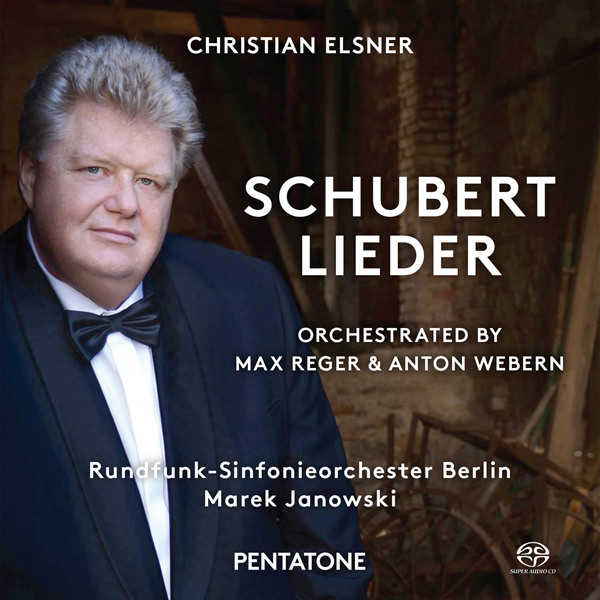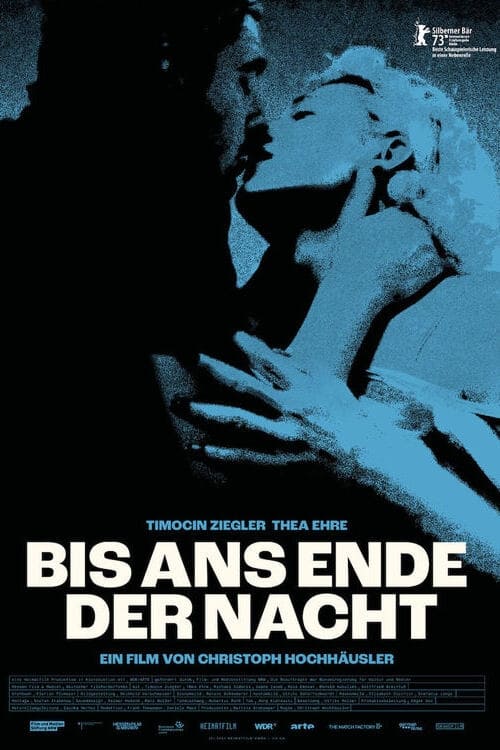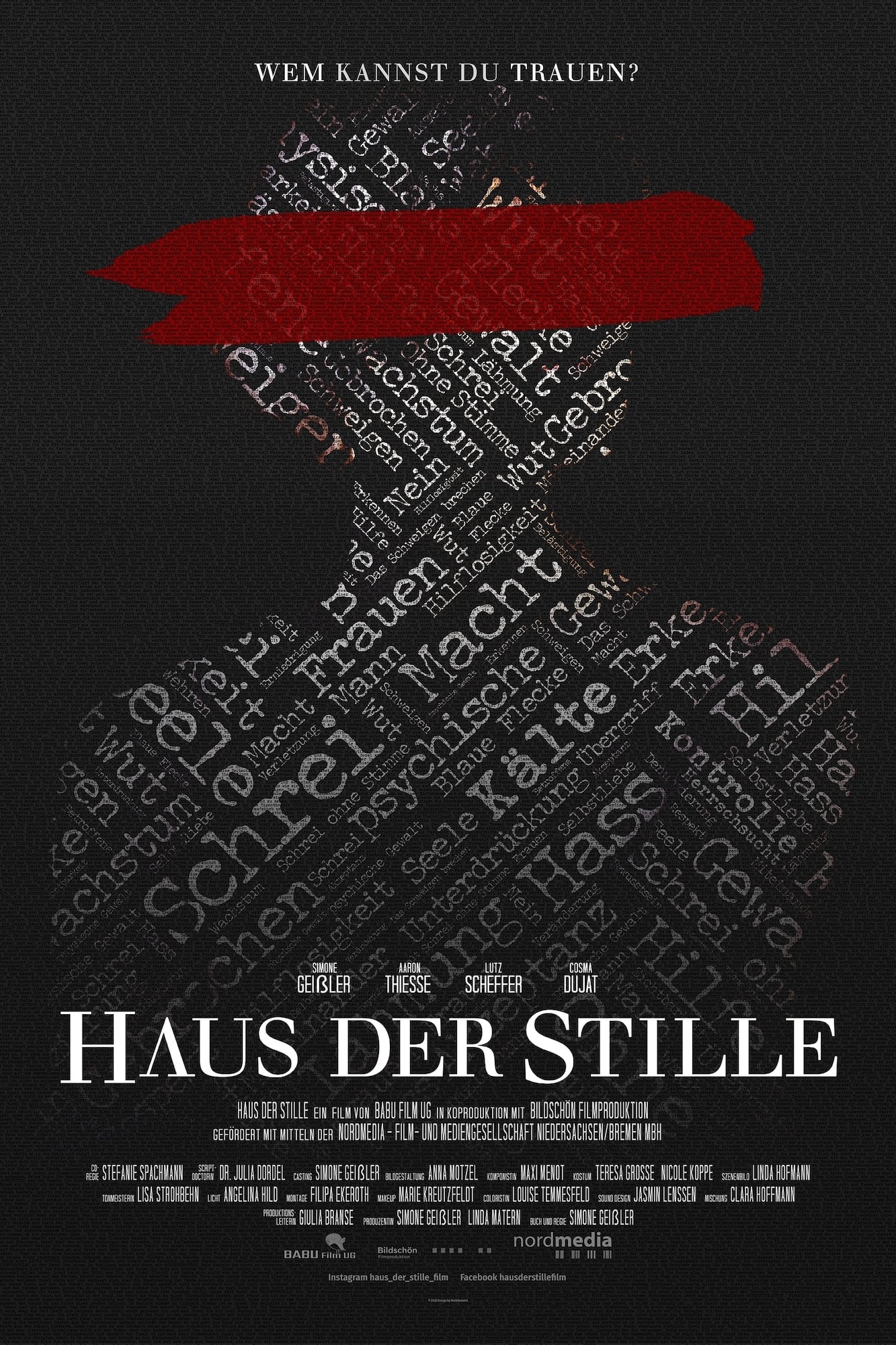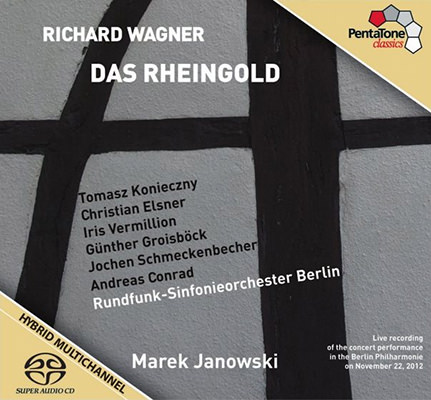
Franz Schubert – Lieder – Christian Elsner, Rundfunk-Sinfonieorchester Berlin, Marek Janowski (2015)
DSF Stereo DSD64/2.82MHz | Time – 01:02:55 minutes | 2,49 GB | Genre: Classical
Source: ISO SACD | © Channel Classics Records B.V. | Front Cover, Booklet
Recorded: Haus des Rundfunks, RBB, Berlin, Germany in September 2014
Given his magnificent achievement in the field of art song, and the vast volume and consistently high quality of his Lieder oeuvre, it is not surprising that Schubert’s songs have been recorded numerous times. It is not surprising either that many composers, such as Franz Liszt, Johannes Brahms, Benjamin Britten, Hector Berlioz, Max Reger and Anton Webern made arrangements of Schubert’s songs. What is surprising, however, is the fact that these arrangements —made by some of the greatest composers in musical history—are so seldom heard either in concert or on record.
With the release of this album, hopefully that situation will change. It combines 17 Schubert compositions, of which 13 were orchestrated by late-romantic German composer Reger Max, and four by a member of the Second Viennese School, Anton Webern. When listening to these songs, the listener will discover that these arrangements are made with such craftsmanship that they themselves became unparalleled works of art. The performers on this SACD are the Rundfunk-Sinfonieorchester Berlin and German tenor Christian Elsner, conducted by Maestro Marek Janowski. The album’s accompanying booklet contains the lyrics to the songs both in German and English, as well as programme notes and artists’ biographies.
In March this year (2015) I had the good fortune to see the German-born Christian Elsner perform as one of the four soloists in the Dvořák Stabat mater with Bavarian Radio forces under Mariss Jansons at the Herkulessaal, Munich. The present disc comprises seventeen Schubert Lieder of which thirteen are orchestrations by Reger and four are Webern orchestrations.
Schubert’s Lieder amount to over six hundred works and their overall quality and wealth of ideas have greatly appealed to other composers who began preparing arrangements not long after Schubert’s death in 1828. Brahms who venerated Schubert wrote five orchestrations of his Lied stating “There is no song by Schubert that cannot teach us something.” Those composers attracted to arranging Schubert Lied include such renowned orchestrators such as Hector Berlioz, Franz Liszt, Max Reger, Johannes Brahms, Jacques Offenbach, Anton Webern and Benjamin Britten although I rarely see these editions included on concert programmes. In the Pentatone booklet notes Franz Steiger suggests this seeming lack of interest reflects the arrangements not being valued to the same degree as Schubert’s original work.
Evidently Reger made a careful selection of the Schubert Lied, a period that centred around 1913/14 when he was music director of the Meininger Hofkapelle and which presented opportunities to perform these works. The Bavarian composer wrote to his publisher explaining that he had ensured the scoring of his orchestrations would not “muffle” the vocal soloists. These are well chosen examples of Reger’s expertise for orchestration and there are several that I particularly enjoyed. Sung most effectively the agitated quality of the enduringly popular Erlkönig a setting of the Goethe poem translates well in Reger’s astute orchestration with a flute part representing the “sweet temptations.” There’s a tender charm and real sensitivity in Elsner’s rendition of the Rückert verse Greisengesang. In Prometheus, to a Goethe text the tenor is bold and unwavering in this splendid test of his lower register. In the Schiller setting Gruppe aus dem Tartarus Elsner excels amid Reger’s Wagnerian murmurings and a mysterious rather chilling character. With the final work Im Abendrot again to a Lappe text the tenor is clearly at ease in a setting that explores deep introspection and intense pining.
Webern undertook his Schubert Lieder orchestrations mainly around 1903 predominantly as student exercises at the time of his musicology studies at Vienna University. In these highly successful settings Du bist die Ruh’ (Rückert) especially notable with a flowing accompaniment to which Elsner gives delightful expression. Exceptional also is Der Wegweiser number 20 in the celebrated song cycle Die Winterreise. This orchestration underlines the song’s deeply illusive quality. Here Elsner maintains his high level of sensitivity avoiding any need for over-sentimentality.
Throughout this collection Elsner is steadfast and impressive in vocal colouring and clarity. With near effortless delivery he holds his phases unfailingly and alters tension and mood reflecting sensitivity to the words.
Under the guiding hand of its experienced chief conductor Marek Janowski the playing of the Rundfunk-Sinfonieorchester Berlin is always eminently musical with a finely judged feel for the orchestrations. Using my standard player this hybrid SACD, engineered to a high standard, is pleasingly clear and well balanced. Thanks to Pentatone for providing full German texts with English translations in the booklet and I found the accompanying essay ‘Work of art? Craftsmanship?’ by Franz Steiger informative and highly readable.
In addition to this desirable album there are three albums of Schubert Lieder orchestrations all splendidly performed and recorded that I can wholeheartedly recommend. The programme on each is shared by a male and female singer. This contrast of voice type and vocal character fend off any possibility of tedium. Probably the best known is a 2002 collection of twenty-one Lied orchestrated by eight different composers sung by Anne Sophie von Otter and Thomas Quasthoff with the Mahler Chamber Orchestra conducted by Claudio Abbado on Deutsche Grammophon. Camilla Nylund and Klaus Mertens sing fifteen of Reger’s Lieder orchestrations with the NDR Radiophilharmonie under Werner Andreas Albert recorded in 1997 on CPO. Finally fifteen of Reger’s Lieder orchestrations sung by Ina Stachelhaus and Dietrich Henschel were recorded in 1997 with the Stuttgart Chamber Orchestra under Dennis Russell Davies on MDG Gold. In excellent form Elsner makes a splendid case for these inexplicably neglected arrangements. -Michael Cookson, MusicWeb International
Tracklist:
Franz Schubert (1797-1828)
1 An die Musik, Op. 88, No. 4, D. 547 02:07
2 Erlkonig, Op. 1, D. 328 03:49
3 Du bist die Ruh, Op. 59, No. 3, D. 776 03:09
4 Greisengesang, Op. 60, No. 1, D. 778b 06:02
5 An den Mond, D. 296 03:54
6 Prometheus, D. 674 05:09
7 Nacht und Traume, D. 827 02:38
Gesänge des Harfners D 478
8 No. 1: Wer sich der Einsamkeit ergibt I 03:52
9 No. 2: Wer nie sein Brot mit Tränen aß 04:11
10 No. 3: An die Türen will ich schleichen 02:06
11 Gruppe aus dem Tartarus, Op. 24, No. 1, D. 583 03:01
12 Die schone Mullerin, Op. 25, D. 795: No. 10. Tranenregen 05:35
13 Winterreise, Op. 89, D. 911: No. 20. Der Wegweiser 04:06
14 Memnon, Op. 6, No. 1, D. 541 03:38
15 Schwanengesang, D. 957: No. 9. Ihr Bild 02:42
16 Am Tage aller Seelen, D. 343, Litanei auf das Fest aller Seelen 02:41
17 Im Abendrot, D. 799 03:36
Personnel:
Christian Elsner, tenor
Rundfunk-Sinfonieorchester Berlin
Rainer Wolters, concertmaster
Marek Janowski, conductor
Download:
mqs.link_SchubertLiederChristianElsnerRSBMarekJanwski2015DSD64.part1.rar
mqs.link_SchubertLiederChristianElsnerRSBMarekJanwski2015DSD64.part2.rar
mqs.link_SchubertLiederChristianElsnerRSBMarekJanwski2015DSD64.part3.rar










![Lise Davidsen, Marek Janowski - Beethoven: Fidelio, Op. 72 (2021) [FLAC 24bit/192kHz] Lise Davidsen, Marek Janowski - Beethoven: Fidelio, Op. 72 (2021) [FLAC 24bit/192kHz]](https://mqs.link/wp-content/uploads/2022/05/kH6JA5q.jpg)
![Orchestre Philharmonique de Monte-Carlo, Transylvania State Choir, Marek Janowski - Verdi: Un ballo in maschera (2023) [FLAC 24bit/192kHz] Orchestre Philharmonique de Monte-Carlo, Transylvania State Choir, Marek Janowski - Verdi: Un ballo in maschera (2023) [FLAC 24bit/192kHz]](https://imghd.xyz/images/2023/07/31/myoxdjxeyyzwc_600.jpg)
![Dresdner Philharmonie & Marek Janowski - Puccini: Il tabarro, SC 85 (2020) [FLAC 24bit/96kHz] Dresdner Philharmonie & Marek Janowski - Puccini: Il tabarro, SC 85 (2020) [FLAC 24bit/96kHz]](https://getimg.link/images/imgimgimg/uploads/2021/01/tnlpFEh.jpg)
![Marek Janowski, Pittsburgh Symphony Orchestra - Brahms: Variations on a Theme by Haydn & Symphony No. 1 (2007/2023) [FLAC 24bit/96kHz] Marek Janowski, Pittsburgh Symphony Orchestra - Brahms: Variations on a Theme by Haydn & Symphony No. 1 (2007/2023) [FLAC 24bit/96kHz]](https://imghd.xyz/images/2023/09/11/00a1453e.jpg)
![Dunedin Consort, John Butt - J.S. Bach: John Passion - Reconstruction Of Bach’s Passion Liturgy (2013) [LINN FLAC 24bit/88,2kHz] Dunedin Consort, John Butt - J.S. Bach: John Passion - Reconstruction Of Bach’s Passion Liturgy (2013) [LINN FLAC 24bit/88,2kHz]](https://getimg.link/images/imgimgimg/uploads/2017/08/Is0Y763.jpg)
![Miguel Bernal, Blanca Gomez & Hector Guerrero - Limones van por el rio (2018) [FLAC 24bit/96kHz] Miguel Bernal, Blanca Gomez & Hector Guerrero - Limones van por el rio (2018) [FLAC 24bit/96kHz]](https://getimg.link/images/imgimgimg/uploads/2018/11/AoJcz00.jpg)
![Maria Callas - Remastered The Complete Studio Recordings 1949-1969 (2014) [Qobuz FLAC 24bit/96kHz] Maria Callas - Remastered The Complete Studio Recordings 1949-1969 (2014) [Qobuz FLAC 24bit/96kHz]](https://getimg.link/images/imgimgimg/uploads/2018/12/Vw7IHlv-1.jpg)
![Bach Choir, London Symphony Chorus, London Symphony Orchestra & Benjamin Britten - Britten: War Requiem (1963/2013) [FLAC 24bit/96kHz] Bach Choir, London Symphony Chorus, London Symphony Orchestra & Benjamin Britten - Britten: War Requiem (1963/2013) [FLAC 24bit/96kHz]](https://getimg.link/images/imgimgimg/uploads/2019/11/ICdCUfg.jpg)

![Dresdner Philharmonie, Marek Janowski, Heike Janicke, Ralf-Carsten Brömsel - Schubert: Unfinished & The Great Symphonies (2023) [FLAC 24bit/192kHz] Dresdner Philharmonie, Marek Janowski, Heike Janicke, Ralf-Carsten Brömsel - Schubert: Unfinished & The Great Symphonies (2023) [FLAC 24bit/192kHz]](https://imghd.xyz/images/2023/06/14/qexxgfmreexra_600.jpg)
![Christa Ludwig - The Complete Recitals on Warner Classics (2018) [FLAC 24bit/96kHz] Christa Ludwig - The Complete Recitals on Warner Classics (2018) [FLAC 24bit/96kHz]](https://getimg.link/images/imgimgimg/uploads/2019/11/YgyJkue.jpg)
![Szymanowski & Dvorak: Violin Concertos - Arabella Steinbacher, Rundfunk-Sinfonieorchester Berlin, Marek Janowski (2009) [PentaToneMusic FLAC 24bit/96kHz] Szymanowski & Dvorak: Violin Concertos - Arabella Steinbacher, Rundfunk-Sinfonieorchester Berlin, Marek Janowski (2009) [PentaToneMusic FLAC 24bit/96kHz]](https://getimg.link/images/imgimgimg/uploads/2016/10/LO9r4QZ.jpg)
![Pittsburgh Symphony Orchestra, Marek Janowski - Brahms: Symphony No. 4 & Hungarian Dances (2008) [nativeDSDmusic DSF DSD64/2.82MHz] Pittsburgh Symphony Orchestra, Marek Janowski - Brahms: Symphony No. 4 & Hungarian Dances (2008) [nativeDSDmusic DSF DSD64/2.82MHz]](https://getimg.link/images/imgimgimg/uploads/2018/10/p3wSXIY.jpg)
![Glenn Gould - The Complete Columbia Album Collection (2015 Remastered Edition) [Qobuz FLAC 24bit/44,1kHz] Glenn Gould - The Complete Columbia Album Collection (2015 Remastered Edition) [Qobuz FLAC 24bit/44,1kHz]](https://getimg.link/images/imgimgimg/uploads/2017/07/2bHwfbA.jpg)
![Nareh Arghamanyan, Rundfunk-Sinfonieorchester Berlin, Alain Altinoglu - Liszt: The 2 Piano Concertos (2012) [DSF DSD64/2.82MHz] Nareh Arghamanyan, Rundfunk-Sinfonieorchester Berlin, Alain Altinoglu - Liszt: The 2 Piano Concertos (2012) [DSF DSD64/2.82MHz]](https://getimg.link/images/imgimgimg/uploads/2018/03/mJ2IadH.jpg)